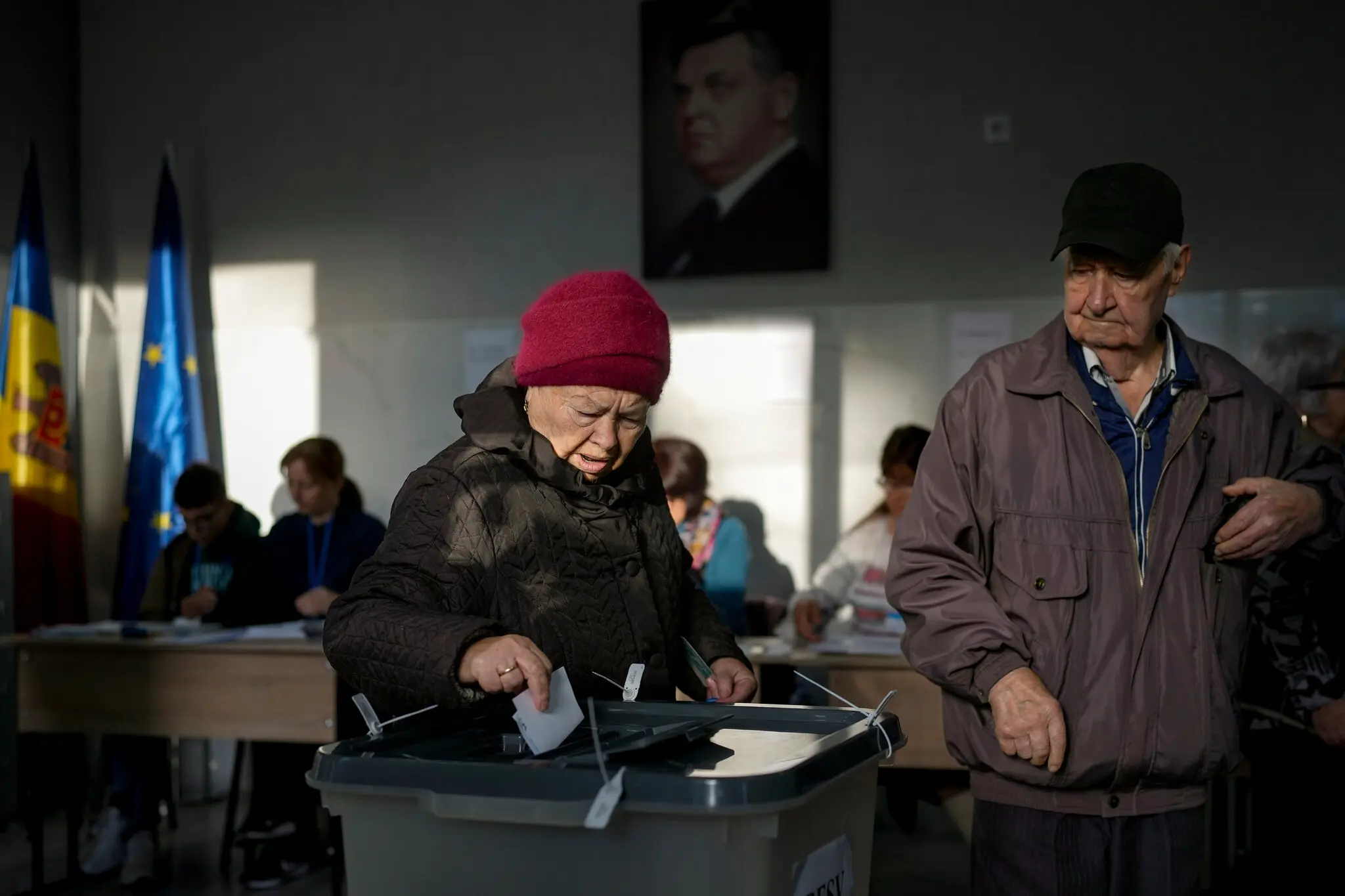Russia’s Disinformation Campaign Targets Trump: A Deep Dive into 2025’s Election
In the aftermath of the 2024 U.S. presidential election, concerns over foreign interference have resurfaced, particularly regarding Russia’s extensive disinformation campaigns. These efforts aimed to undermine public trust in democratic institutions and sway voter sentiment in favor of certain candidates, notably Donald Trump. This article delves into the mechanisms of Russia’s interference, its impact on the election, and the ongoing efforts to counteract such threats.
Russia’s Disinformation Tactics: A Modern Approach
Unlike previous election cycles, Russia’s 2024 interference strategies were marked by sophistication and adaptability. Utilizing advanced technologies, including generative AI, the Kremlin produced and disseminated deepfakes and manipulated media to mislead voters. These tactics were not limited to traditional social media platforms but extended to fake news websites and impersonated news outlets, creating a complex web of misinformation.
A significant aspect of this campaign involved co-opting American right-wing influencers. The U.S. Department of Justice revealed that entities like Tenet Media received substantial funds from Russian operatives to promote pro-Kremlin narratives and conspiracy theories, thereby amplifying the disinformation reach.
Targeting Trump: A Strategic Focus
Donald Trump emerged as a central figure in Russia’s disinformation efforts. The Kremlin’s propaganda machinery sought to bolster his image while simultaneously discrediting his opponents, particularly Joe Biden and Kamala Harris. These actions were part of a broader strategy to promote candidates who favored isolationist policies and were less inclined to support Ukraine and NATO, aligning with Russia’s geopolitical interests.
The impact of these disinformation campaigns was not confined to social media. They permeated various facets of the election, influencing public perception and potentially affecting voter behavior. The sophistication of these efforts highlighted the evolving nature of election interference in the digital age.
U.S. Response: Legal and Strategic Measures
In response to these foreign interference activities, the United States implemented several countermeasures. The Department of Justice disrupted covert Russian government-sponsored foreign malign influence operations, aiming to protect democratic processes from foreign malign influence Department of Justice. Additionally, the U.S. imposed sanctions on Russian entities involved in election interference, signaling a firm stance against such activities U.S. Department of the Treasury.
These actions underscore the U.S. commitment to safeguarding its electoral integrity and deterring future foreign interference. However, experts argue that more comprehensive strategies are needed to address the evolving nature of disinformation campaigns.
The Global Implications: A Broader Perspective
Russia’s interference in the 2024 U.S. elections is part of a larger pattern of foreign influence operations targeting democratic processes worldwide. Similar tactics have been observed in European elections, where Russia has sought to exploit divisions and undermine public trust in democratic institutions EU Institute for Security Studies.
These global efforts highlight the need for international cooperation in combating disinformation and protecting democratic values. Establishing norms and frameworks for addressing foreign interference is crucial in maintaining the integrity of elections across the globe.
Moving Forward: Strengthening Electoral Defenses
To mitigate the impact of disinformation campaigns in future elections, several measures can be considered:
- Enhanced Media Literacy: Educating the public on identifying and critically assessing information sources can reduce the effectiveness of disinformation.
- Regulation of Digital Platforms: Implementing stricter regulations on social media platforms to prevent the spread of false information and ensure accountability.
- International Collaboration: Countries should collaborate to share intelligence and best practices in combating foreign interference.
By adopting these strategies, democracies can bolster their defenses against future disinformation campaigns and uphold the sanctity of electoral processes.
Conclusion
The 2024 U.S. presidential election underscored the significant threat posed by foreign disinformation campaigns. Russia’s sophisticated strategies aimed to influence voter behavior and undermine democratic institutions. While the United States has taken steps to counteract these efforts, the evolving nature of disinformation necessitates continuous vigilance and adaptation. By implementing comprehensive measures and fostering international cooperation, democracies can better safeguard their electoral processes against future foreign interference.
Subscribe to trusted news sites like USnewsSphere.com for continuous updates.





